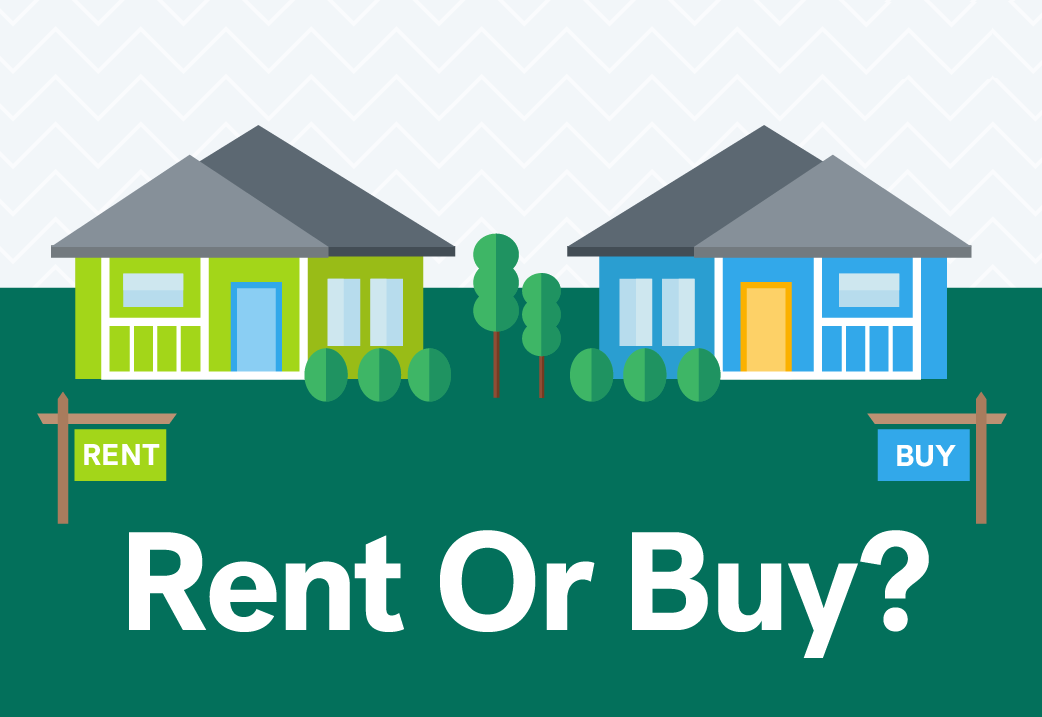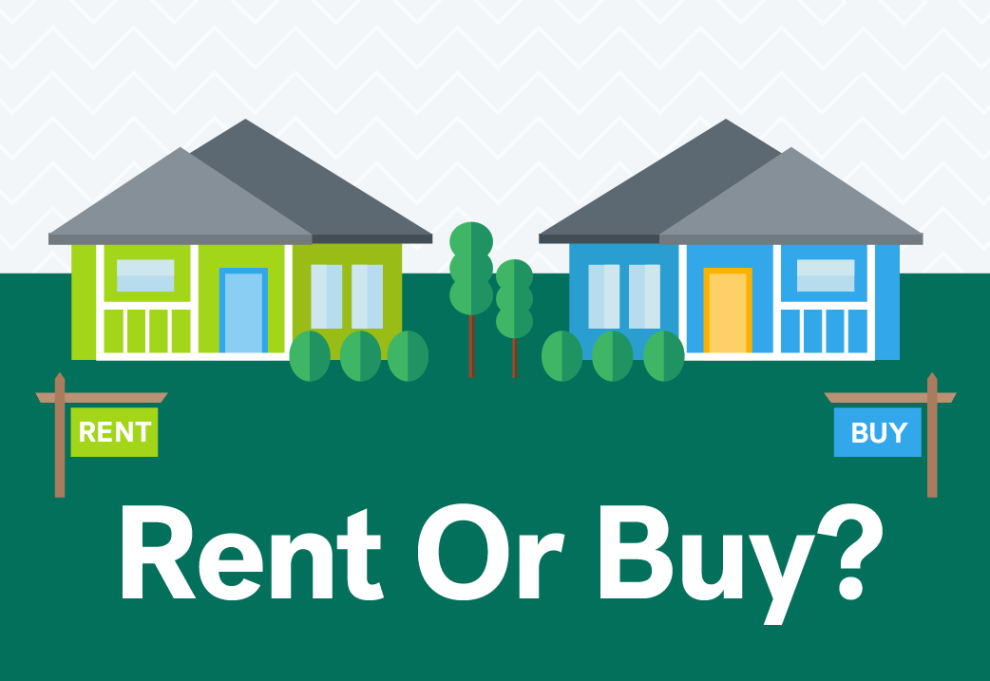Property values go up and go down. But once all is said and done, and it’s all over save for probate lawyers picking over the remains, it’s wise to be an owner than a renter.
Although this isn’t counterintuitive, but a calculation of long term benefits in regards to owning then renting win out over time. The intrepid team of number crunchers at Spring Hill Reality goes as far as they can in helping their customers to understand their benefits in terms of buying or selling homes.
This time they went on calculating the cost of owning a house then renting one. Owning becomes 38 percent cheaper than renting a property, especially when the cost of borrowing is low, the difference is way different.
This is one major reason why some major hedge funders back up the cash into buying hundreds and hundreds of homes at a time. With a 38 percent pretax profit margin, it would seem unimaginable for them to not bake into the cake. This practice is smart and is managed by professionals.
So the question is – buying a home is a good investment or renting one? In fact, let’s take this deeper: it depends on the home buyer to understand if buying is the choice or renting is the concern? The benefits would come along.

Here Are the Specifics:
Today’s housing market shows a rise in home prices, in several areas, and that links to the growing demand fueled by an improving economy and extended low interest rate environment. Prospective home buyers have a dilemma, to buy or to rent. Most homeowners end up feeling house-poor after purchasing an expensive home and using the large saving amount.
While the key to smart decision making is: to decouple investment from consumption. Most money experts consider renting the house as money thrown down the drain, yet the reality is that paying off the rent for a certain period of time can be a smart economic decision making. Remember that, on renting a house you are buying yourself flexibility (for investing, saving or consuming elsewhere).
A prospective home buyer should always remember that buying a home is not just an investment but a liquefied, highly concentrated, leveraged investment.
In the process of buying a home, you link yourself to the economy and the area where you’re making the purchase. So, when you buy a home at top price range and bigger down payment and mortgage, you will significantly lose investment flexibility. Ultimately you might turn down the profit of selling the home.
The Calculated Conclusion
Buying a home is huge accomplishment. It’s a great deal of satisfaction for any American to own a home. In fact a home is generally the biggest single purchase a person can make in the entire life time. But it is therefore, equally risky. Home buyers become giddy in the search and let emotions overrun, especially when not guided by the right experts.
The advice here is to consider your budget and determine what you can afford and what not. Let your real estate agent help you look and explore areas further out than the city for finding better values. You can even look for distressed houses that you can fix up over time.
If you save cash on your home purchase, you will have the flexibility and liquidity to invest in something else. It’s always wise to think strategically – like they say – the water is greater in the housing pool, but it has no lifeguards. Do a thorough research and only approach reality service that is recommended and well reputable.


